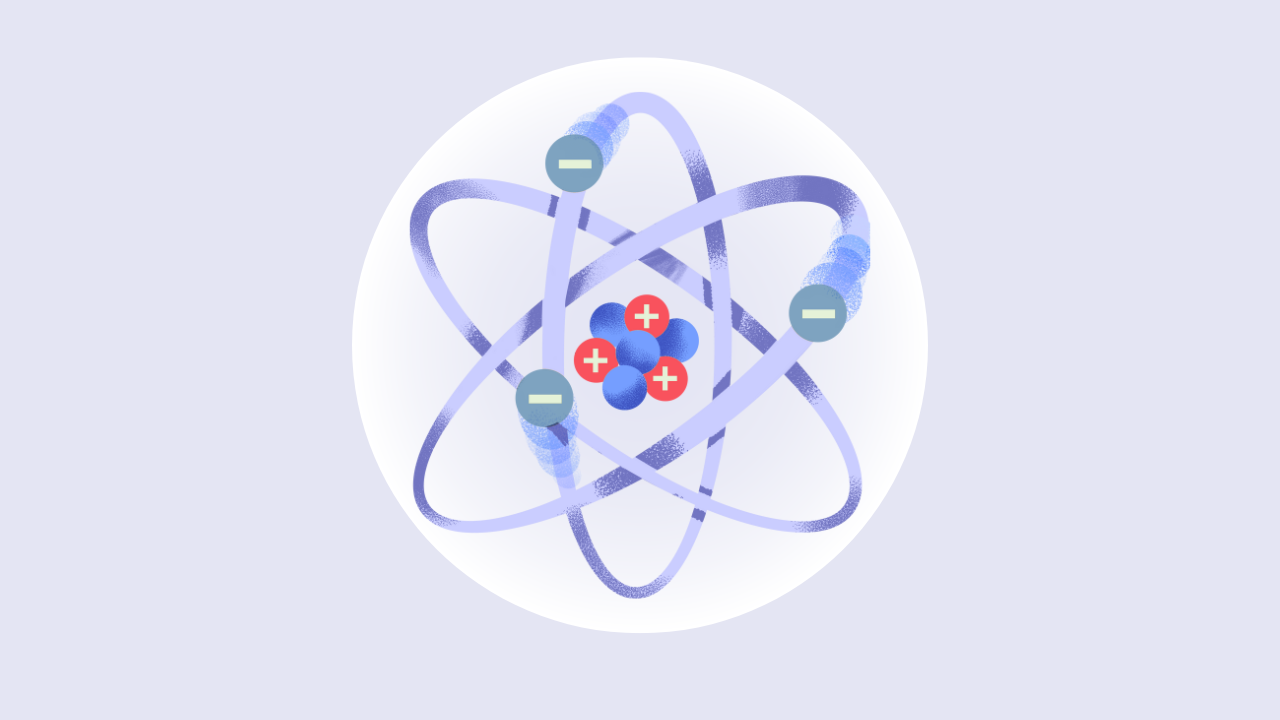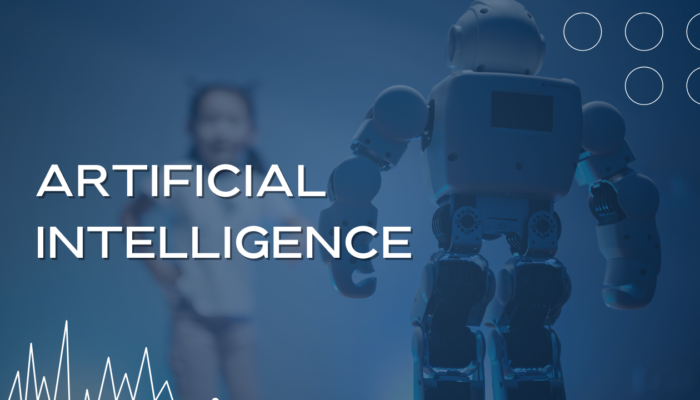Towven.com – In the vast landscape of technology, quantum computing stands as a beacon of innovation, promising to revolutionize the way we process information and solve complex problems.
But what exactly is quantum computing, and how is it reshaping our digital world? Let’s embark on a journey through the emerging trends in quantum computing, exploring its potential and the impact it may have on our future.
Understanding Quantum Computing
Imagine traditional computers as bicycles and quantum computers as rocket ships.
While bicycles serve us well for everyday tasks, rocket ships have the potential to take us to entirely new frontiers.
Quantum computing operates on principles of quantum mechanics, allowing it to process vast amounts of data and perform complex calculations at speeds unimaginable to classical computers.
Here’s a simplified explanation:
- Qubits: In classical computing, the basic unit of information is the bit, which can be either 0 or 1. In quantum computing, the basic unit is the qubit (quantum bit). Unlike classical bits, qubits can exist in a superposition of states, meaning they can be both 0 and 1 simultaneously. This property allows quantum computers to perform multiple calculations at once.
- Superposition: Superposition is a fundamental principle of quantum mechanics that allows a qubit to be in multiple states at the same time. This property is exploited in quantum algorithms to perform parallel computations, potentially leading to exponential speedup over classical algorithms for certain tasks.
- Entanglement: Entanglement is a phenomenon where the state of one qubit is dependent on the state of another, even when they are separated by large distances. This property enables quantum computers to perform certain calculations much faster than classical computers.
- Quantum Gates: Quantum gates are the equivalent of classical logic gates in quantum computing. They manipulate the state of qubits to perform computations. Some common quantum gates include the Hadamard gate (creates superposition), the Pauli-X gate (similar to classical NOT gate), and the CNOT gate (entangles two qubits).
- Quantum Algorithms: Quantum algorithms are algorithms designed to run on quantum computers. The most famous example is Shor’s algorithm, which efficiently factors large numbers, a task that is believed to be intractable for classical computers. Other examples include Grover’s algorithm for unstructured search and quantum simulation algorithms for modeling quantum systems.
- Decoherence: Decoherence is a phenomenon where quantum states become entangled with their surrounding environment, causing the loss of quantum properties like superposition and entanglement. Decoherence poses a significant challenge in building practical quantum computers and maintaining the integrity of quantum computations.
- Quantum Supremacy: Quantum supremacy refers to the point at which a quantum computer can outperform the best classical supercomputers for a certain task. In 2019, Google claimed to have achieved quantum supremacy by demonstrating a quantum computer that performed a specific calculation much faster than the most powerful classical supercomputers.
Understanding quantum computing requires a solid understanding of these concepts and their implications for computation.
While the field is still in its early stages, ongoing research and development hold the promise of revolutionary advancements in computing power and capabilities.
Quantum Supremacy
Quantum supremacy is the moment when a quantum computer can perform a task that is practically impossible for classical computers to accomplish within a reasonable amount of time.
It marks a significant milestone in the advancement of quantum computing, demonstrating its superiority in tackling certain problems, such as cryptography or optimization.
Quantum Algorithms
Traditional computers use binary digits or bits (0s and 1s) to process information, while quantum computers leverage quantum bits or qubits.
Quantum algorithms harness the unique properties of qubits, such as superposition and entanglement, to solve computational problems more efficiently.
These algorithms hold the key to unlocking the full potential of quantum computing.
Quantum algorithms are algorithms designed to run on quantum computers, taking advantage of the principles of quantum mechanics to perform certain computations more efficiently than classical algorithms running on classical computers.
Quantum algorithms often exploit phenomena such as superposition, entanglement, and interference to achieve computational speedups for specific tasks.







